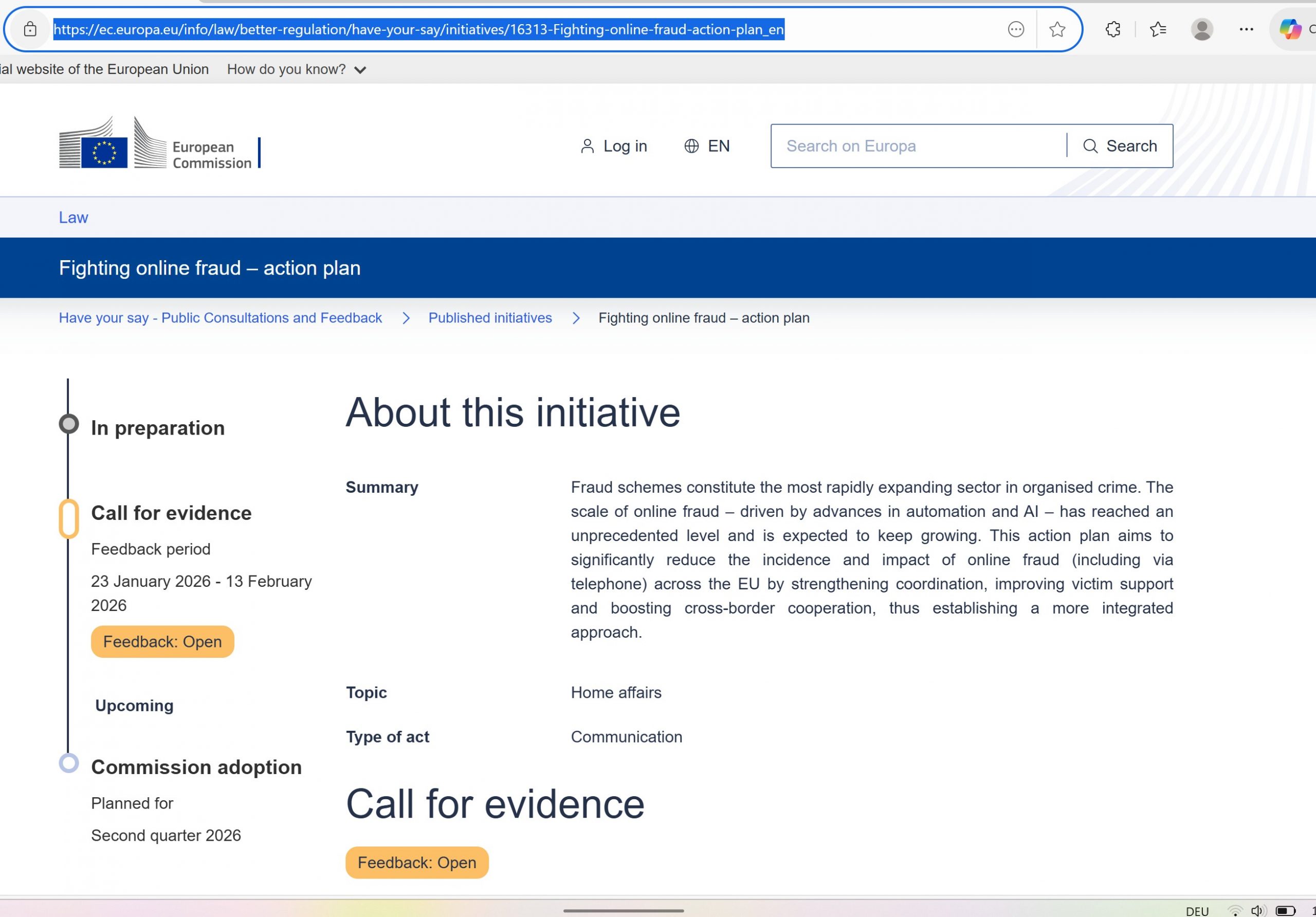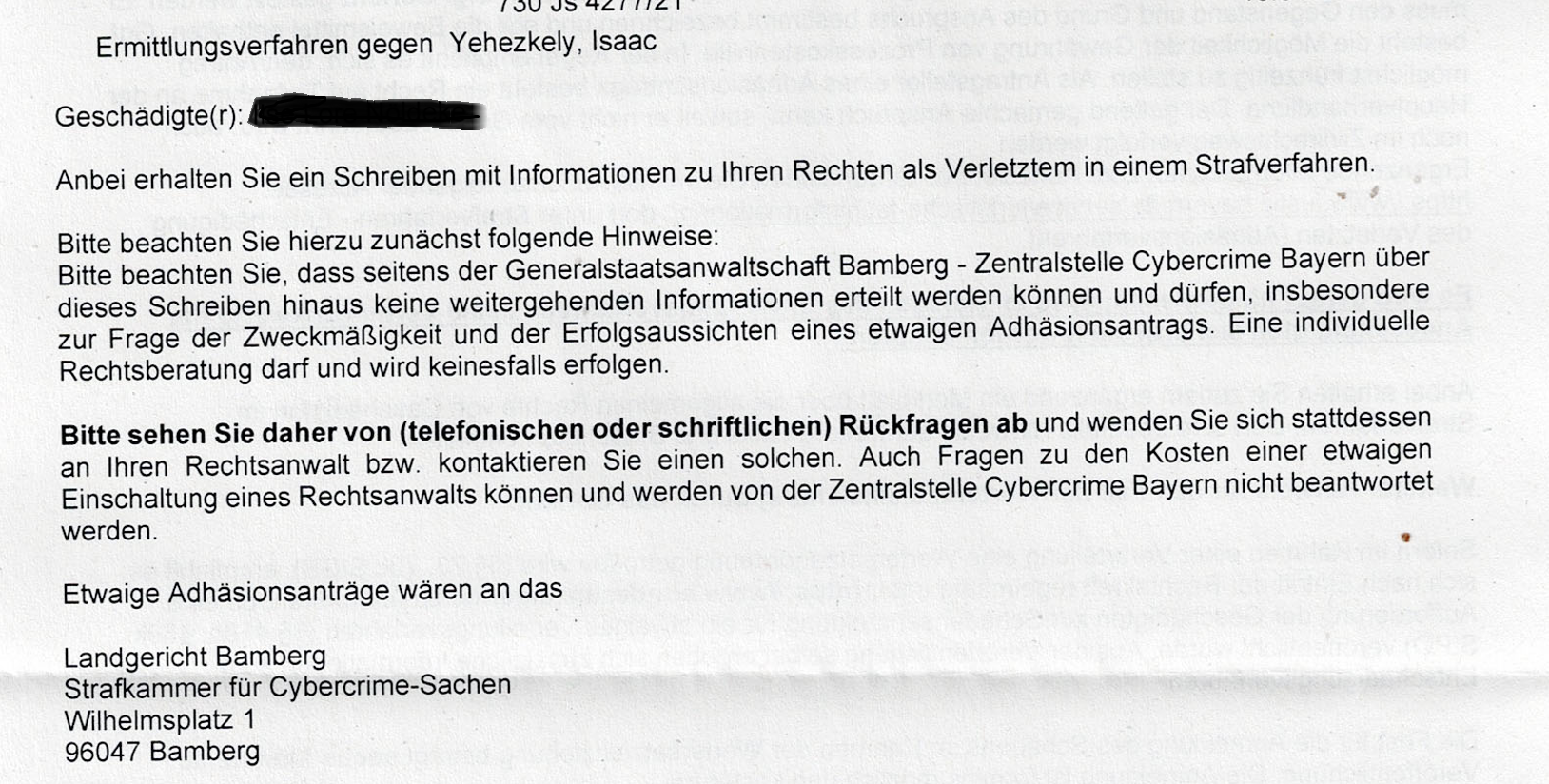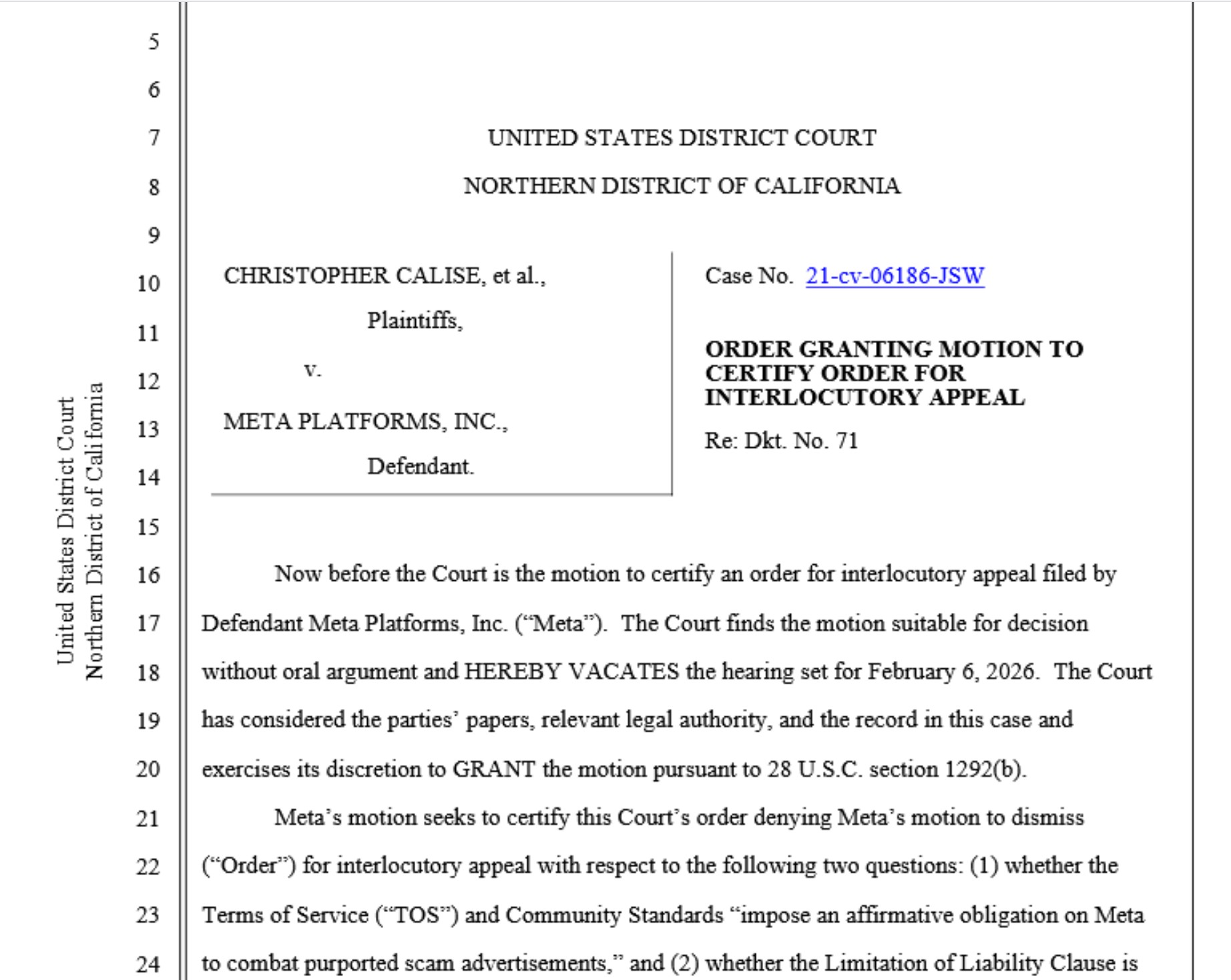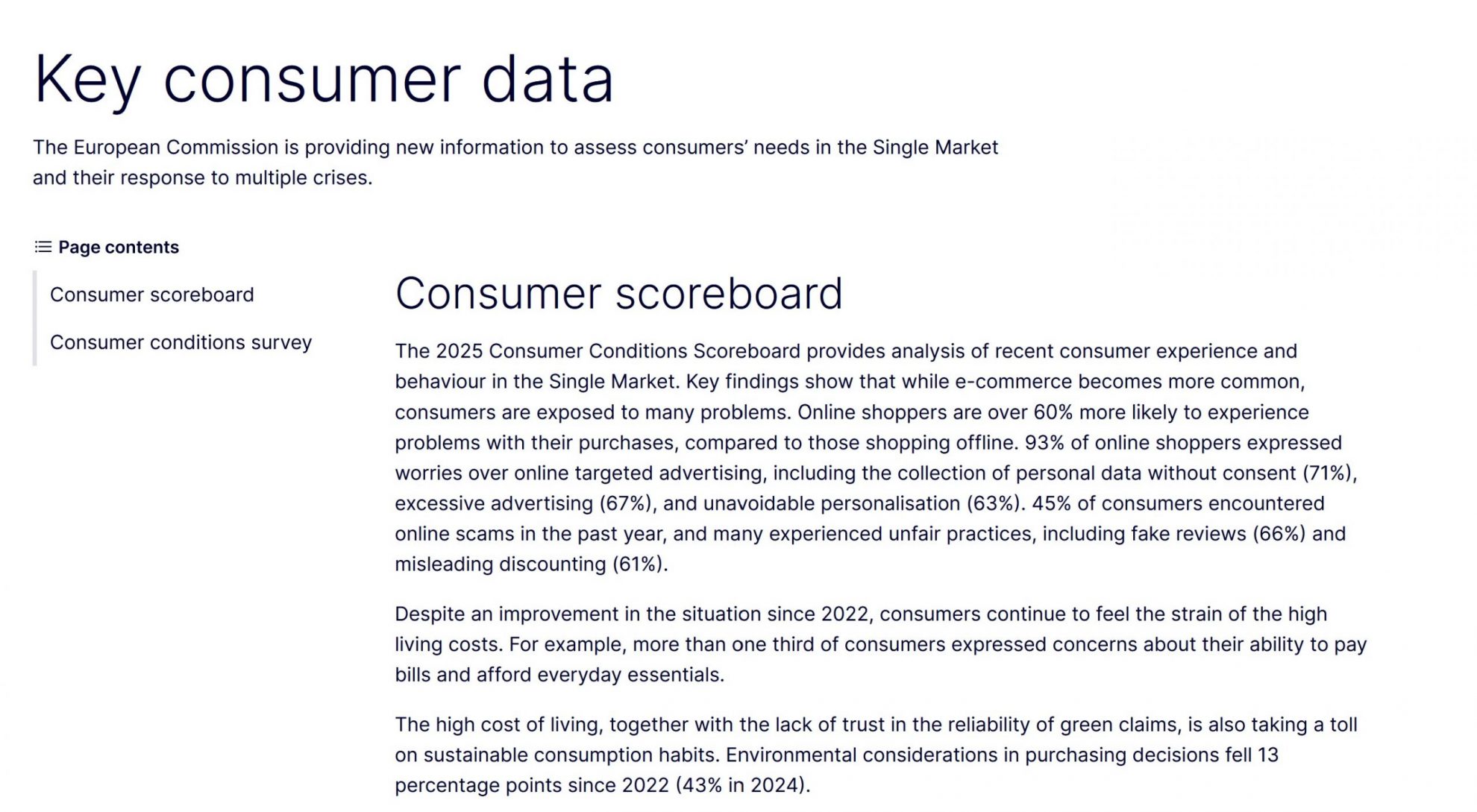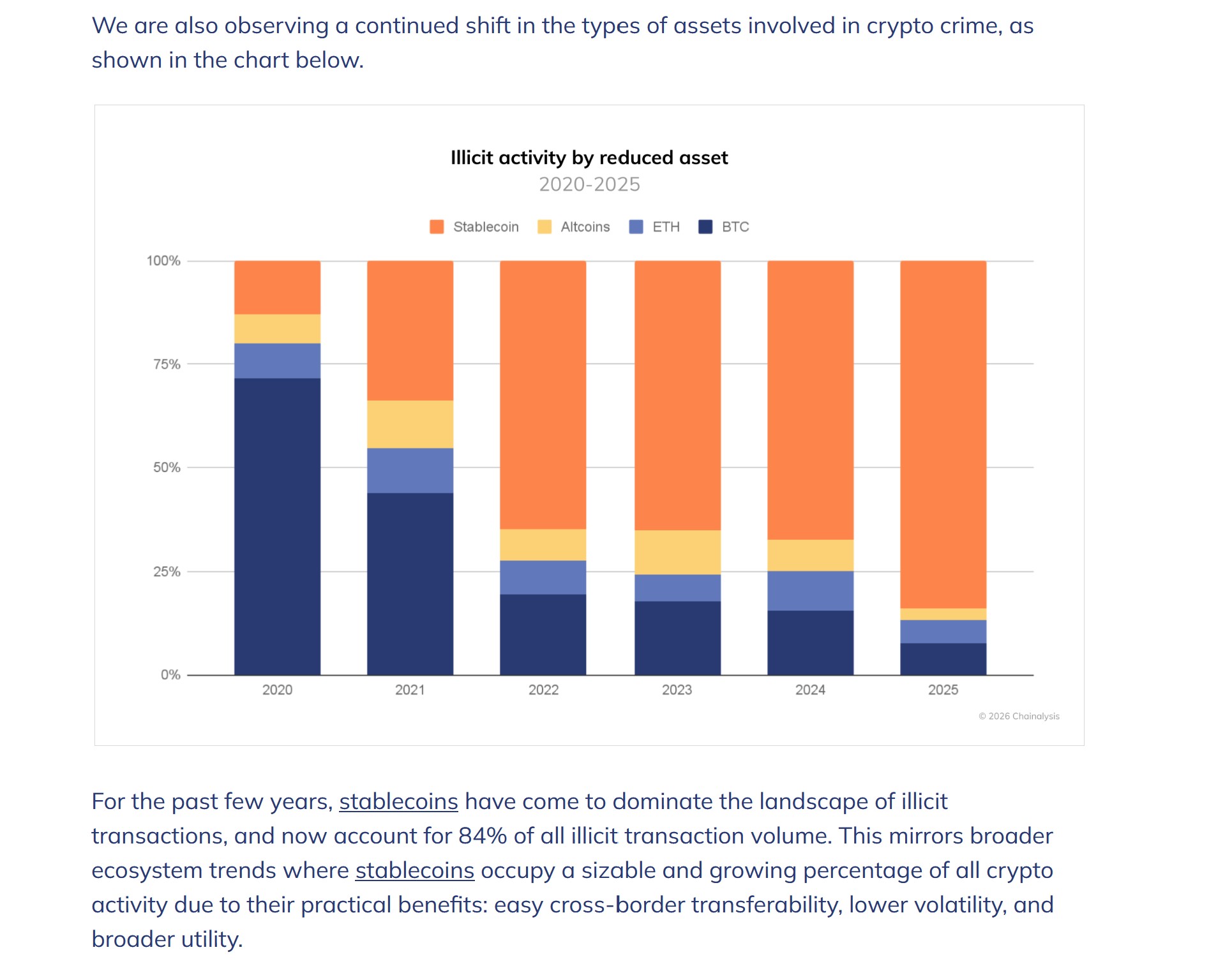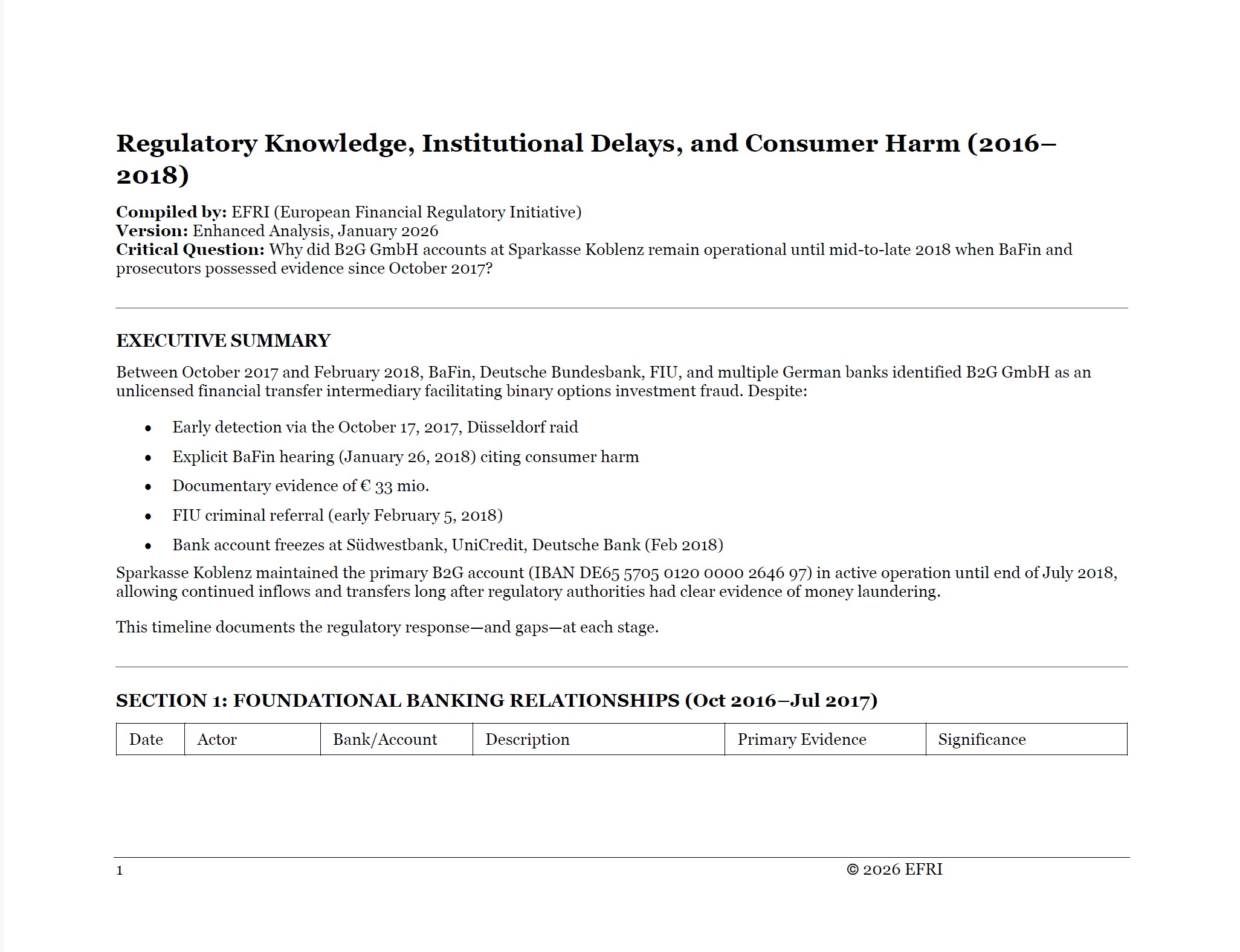Q 6. How did BitRush develop into the Lenhoff cybercrime case?
Despite being aware of the money-laundering allegations, BitRush Corp.’s then Chief Technology Officer, Joachim Kalcher, teamed up with Uwe Lenhoff. He continued to push his plan to use BitRush’s crypto payment system to launder Lenhoff’s illicit proceeds. They could not, however, use BitRush Corp. for this scheme. When BitRush failed to file its financial statements on time, the Toronto Stock Exchange suspended trading in the company’s shares. Kalcher then signed a contract with Lenhoff’s Veltyco and moved to Bulgaria, where Lenhoff operated Winslet Holdings EOOD. They formed a joint venture, and Kalcher focused on developing dark web crypto-payment solutions. As a result, Kalcher became a suspect in the criminal proceedings involving Lenhoff and others.
In short, we prevented Lenhoff from utilising BitRush’s cryptocurrency solution to operate his business. This suggests that the damage—already stated by German prosecutors as exceeding 200,000 victims and approximately €100 million—might have been even greater had it not been for the measures taken.
I am proud of that outcome, which is why I still smile whenever I read this “accusation.” BitRush Corp., which has been inactive since 2016, still owes me a substantial amount for the accounting services I provided at that time.
Even so, the BitRush story is easy fodder for smear campaigns by scammers and their facilitators.
Q 7: Would you please tell us about the kill order against you?
Yes, that’s correct. Lenhoff allegedly ordered his Serbian business partners to kill FinTelegram’s publisher, Werner Boehm. Boehm received written threats at the time and filed a criminal complaint. One Serbian businessman has since provided police with a written confession stating that he received this order from Uwe Lenhoff. According to the same source, Barak also issued an order to kill, and we all know how that played out. As a result, we were placed under police protection for several weeks in 2018.
Q 8: How does EFRI work?
EFRI is a non-profit organisation registered in Vienna. We aggregate victims’ claims, analyse the cases, and coordinate the filing of civil and criminal actions through our attorneys against the scammers or, where appropriate, the enablers and facilitators of these fraud schemes.
However, EFRI is more than fund recovery; we stand for the systematic fight against cybercrime, scams, and money laundering in the interest of (potential) victims and investor protection. We work to decipher how cybercrime and scams operate.
We primarily target the facilitators of scammers, such as payment processors and banks, whose gross or intentional neglect of professional duties enables a significant share of online fraud in Europe. We are also addressing the role of social-media platforms. The way Facebook, Google, Telegram and others earn vast sums from paid fake ads while denying responsibility and liability is, frankly, outrageous. By writing to EU authorities, including the European Commission and the EBA, we aim to raise awareness about shortcomings in law enforcement and damage recovery in cybercrime.
We request a €75 membership fee per victim; however, for the victims of Gal Barak and Uwe Lenhoff, we waived this fee. In addition, we work with litigation funders who finance our daily operations and receive a portion of any future success fee (10% for out-of-court agreements and a higher percentage where more significant effort is required). To this end, we conduct comprehensive forensic analyses, examine criminal files, communicate with law enforcement and regulatory agencies, and trace the funds.
Q 9: How do you deal with these slanders and threats?
I am not easily intimidated, and as a team, we have already proven ourselves to be fighters throughout our long careers.
As an auditor responsible for IFRS and corporate finance, as well as a start-up adviser, I regularly face challenging situations. I was once indicted, in my capacity as an EY partner responsible for auditing a New Economy company (YLine, a venture of Werner Boehm), along, with the company’s directors and supervisory board. After eighteen months of court proceedings, all defendants were acquitted.
I hate injustice, stupidity, and arrogance.
I also understand why EFRI and FinTelegram provoke intense hostility among cybercriminals, especially Gal Barak, Marina Barak, and their associates such as Vladimir Smirnov and Gery Shalon. They blame Werner Boehm for their arrests and the subsequent problems.
For the first time since the early days of cybercrime, scammers are beginning to fear the consequences of defrauding European consumers. For years, many European law enforcement authorities failed to respond forcefully. As a result, cybercriminals victimised thousands of consumers with minimal pushback.
In the Gal Barak and Uwe Lenhoff cases, Austrian law enforcement authorities played a leading role in identifying and arresting the perpetrators. It was a breakthrough. The detailed criminal case files make it possible to understand how these organisations operate and to determine their weak points. In particular, FinTelegram and its team, along with whistleblowers, assisted law enforcement in building a solid case. The former partner of Barak and Lenhoff, Ilan Tzorya, worked with FinTelegram and provided crucial information that led to the arrests of Barak and Lenhoff.
As for the defamatory websites, I have already obtained a preliminary injunction. Yet I am experiencing, for the first time, that social media operators, such as Facebook, recognise court orders only hesitantly and under significant pressure.
Q 10: A final statement, then?
I am sincerely glad that German prosecutors, especially the cybercrime unit in Bamberg, are stepping up the fight against scammers.
I hope other European countries will follow suit by creating specialised cybercrime units and establishing practical cross-border cooperation as soon as possible.
We must ensure that the appeal of working in call centres in Bulgaria, Serbia and elsewhere is reduced by the constant risk of arrest. You never know who might knock on the door.
We must also ensure that banks, payment service providers and crypto exchanges comply with their legal and professional duties. Where they fall short, management must be held accountable as enablers alongside the scammers. Most importantly, social media platforms must be held responsible for providing a marketplace for paid fake ads.
If we do all this, we will pose a serious threat to cybercriminals.
As for the defamation campaigns, I expect that once Gal Barak, Marina Barak, and their accomplices are finally behind bars, the current defamation websites will be shut down. I also recognise that as long as I remain active in this field, I will have to deal with such campaigns. The web is the criminals’ playground, so it is no surprise that they weaponise it.
Nevertheless, I will continue, undeterred, to process fraud cases and to coordinate the filing of criminal complaints and civil lawsuits against the fraudsters and their accomplices.
From the start, EFRI and FinTelegram have contributed to the fight against cybercrime in Europe. I am proud of that.


